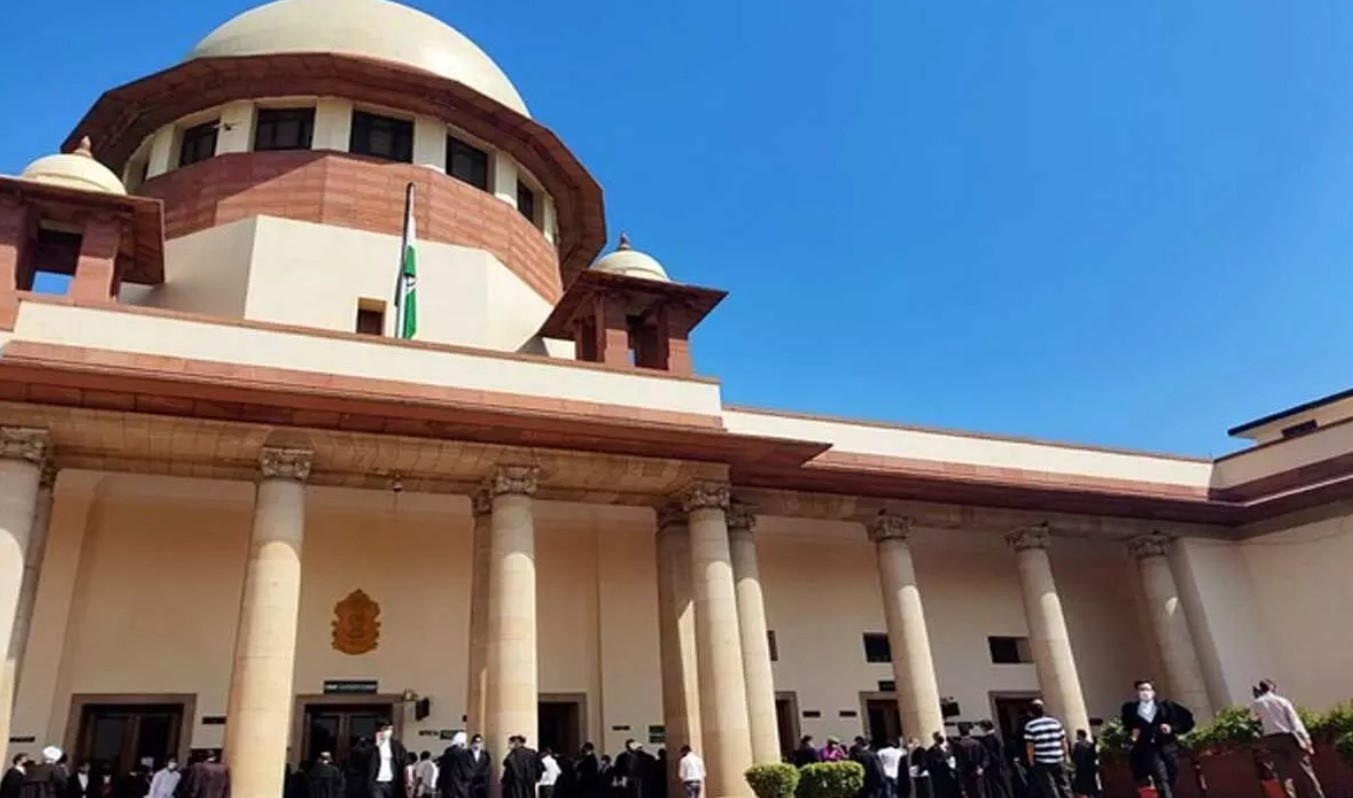


In a significant ruling on August 8, 2024, the Supreme Court of India delivered a judgment in the case of Jagdish Prasad Singh vs. State of Bihar and Others (Civil Appeal No. 1635 of 2013). The case revolved around the recovery of excess payment and reduction in pension of the appellant, Jagdish Prasad Singh, a retired government employee from the State of Bihar.
Jagdish Prasad Singh was appointed as a Supply Inspector in the Government of Bihar in 1966. He received his first time-bound promotion in 1981 and further promotions in subsequent years, eventually reaching the position of Senior Selection Grade, Marketing Officer-cum-Assistant District Supply Officer (ADSO) with a revised pay scale. Upon his retirement in 2001, his pension was calculated accordingly.
Years later, the Accountant General, State of Bihar, raised an objection regarding Singh's pay fixation, leading to a reduction in his pension and a demand for the recovery of Rs. 63,765, citing errors in the pay fixation process. Singh contested this decision, leading to a series of appeals in the High Court of Patna, which were ultimately dismissed. Singh then appealed to the Supreme Court.
The Supreme Court ruled in favor of Jagdish Prasad Singh, setting aside the orders for the recovery of excess payment and reduction in pension. The Court held that the State Government's actions were arbitrary, illegal, and violated principles of natural justice. The Court emphasized that such actions, especially taken years after an employee's retirement, must be approached with caution and fairness.
"At the outset, we may note that the fact regarding the appellant having been accorded time bound promotion from the post of Marketing Officer in Junior Selection Grade to Senior Selection Grade, Marketing Officer-cum-Assistant District Supply Officer(ADSO) as per his entitlement on 10th March 1991 is not in dispute. It is not the case of the respondents that the said promotion suffered from any irregularity or was given against the rules and regulations."
"The Government Resolution dated 8th February, 1999 specifically protects the promotions granted to the employees prior to 31st December, 1995. Only those employees who were not promoted by the cut off date, i.e., 31st December, 1995 would get a notional promotion and consequent rise in pay scale which would come to an end w.e.f. 31st December, 1995. Apparently thus, the appellant could not have been put to a disadvantage and his pay scale could not have been reduced prospectively by virtue of the said Resolution."
"We firmly believe that any decision taken by the State Government to reduce an employee’s pay scale and recover the excess amount cannot be applied retrospectively and that too after a long time gap. In the case of Syed Abdul Qadir and Others v. State of Bihar and Others, this Court held that when the excess unauthorised payment is detected within a short period of time, it would be open for the employer to recover the same. Conversely, if the payment had been made for a long duration of time, it would be iniquitous to make any recovery."
"The impugned action directing reduction of pay scale and recovery of the excess amount is grossly arbitrary and illegal and also suffers from the vice of non-adherence to the principles of natural justice and hence, the same cannot be sustained."
"The appellant shall continue to receive the pension in accordance with the pay scale of Rs.6500-10500. In case, if any reduction in pension and consequential recovery was effected on account of the impugned orders, the appellant shall be entitled to the restoration/reimbursement thereof with interest as applicable."
This landmark verdict underscores the importance of adhering to principles of natural justice and fairness in administrative actions, particularly those affecting retired employees. The Supreme Court's decision provides significant relief to Jagdish Prasad Singh and sets a precedent for similar cases in the future.
TAGS: Promotion Pension Pay Scale Recovery Resolution Natural Justice Superannuation